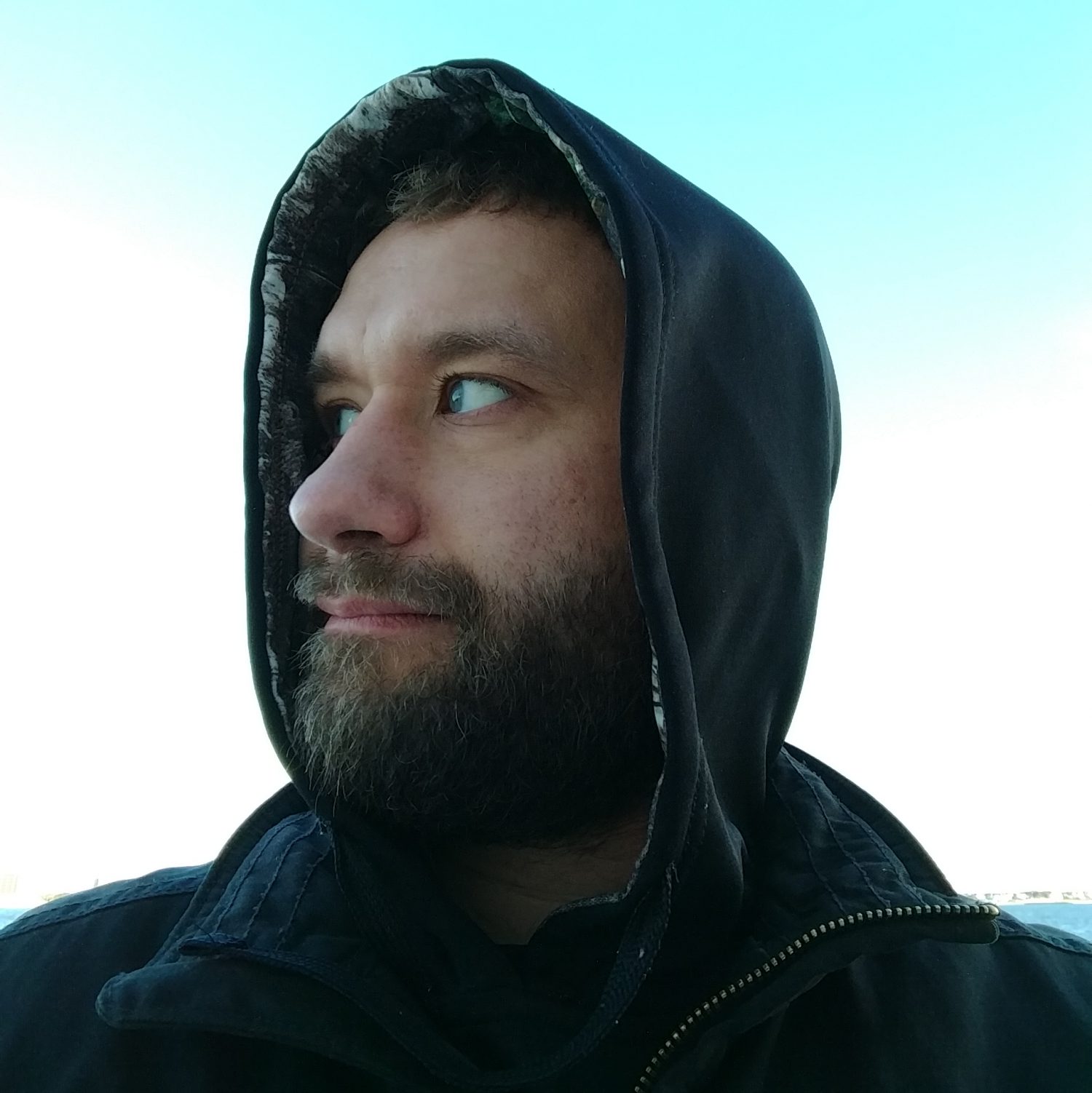“If religion were true, its followers would not try to bludgeon their young into an artificial conformity; but would merely insist on their unbending quest for truth, irrespective of artificial backgrounds or practical consequences.” (H.P. Lovecraft)
If there is a biggest pet peeve of mine it is cliché spoken or otherwise lived out. Cliché is “a phrase or opinion that is overused and betrays a lack of original thought.” Or, restated in my own words, cliché is popular expression within a group assumed true and done thoughtlessly.
While I am likely guilty of over-thinking and suffer the downsides of that, many others seem to fall on the other side of not thinking enough which can be likewise perilous. There is a grain of truth to many cliché phrases and the cliché ‘ignorance is bliss’ might apply as a reason most people avoid real critical thinking.
But it is not simply that some are too stupid to think independently, cliché living can be thought out and deliberate ignorance. Parroting what your peers or cultural setting already believe (or ‘going with the flow’) comes with many perks. Perks like group acceptance, not being thought of as weird, burned at the stake, persecuted, etc.
People do not like being wrong and people especially do not like being exposed as being wrong. It is far easier to ‘kill the messenger’ than it is to humble ourselves to accept our own reasoning and logic could be flawed, incomplete or otherwise be made better. Questions can make us uncomfortable, doubt is definitely uncomfortable and confidence (even misplaced confidence) is more emotionally pleasant.
Cliché, in some cases, can be overconfidence in what we know or what we think we know is best. Confidence is good, but overconfidence can be deadly ignorance and is probably how George Anderson Custer became dead and remembered as a cliché. What worked last time (or the last hundred times before) may not apply to the next time and thus we should always be open to further thought.
Framing reality in either/or ‘black and white’ terms provides a comforting simplicity of thought, but it can also be false dichotomy in an often multi-color, dynamic, both/and, evolving or complex reality. For example, foreign cars may have had an edge in reliability over domestics, but that does not mean all foreign cars are more reliable nor that domestics still lag behind today.
Cliché thinking and acting can be a way to preserve our comfort zone. Taking on popular prejudice, confirmation bias, false dichotomy, cultural psychosis, groupthink, and especially our own presumptions, requires extra effort. Moving beyond the trite or simplistic perspective might require self-sacrifice, standing alone and being unpopular with your cultural peers.
But, most of all, avoiding cliché requires humility and an ability to identify our own blind spots. If we have already concluded we are the smartest, we know best and others cannot do better, then we squander our potential to grow in our vision or understanding. We need to look outside of ourselves (individually or collectively) for whole truth.
“Pride goes before destruction, a haughty spirit before a fall. Better to be lowly in spirit along with the oppressed than to share plunder with the proud.” (Proverbs 16:18-19)
Do not be content with proud tradition or religious dogma, but actively seek the ‘mind of God’ that transcends culture and cliché. Faith is not passed on like a family heirloom, it is taken up as a cross of humility, it identifies lovingly with ‘the other side’ and is the will to take a path less traveled.

Truth implies objectivity, and thus a lack of subjectivity, bias and personal influence. No one can define “truth” as no human can escape their own subjectivity. To an extent yes, but the lens through which we see this world is colored with our own past, beliefs, experiences and expectations. There is no universal truth. To make such a claim, one neglects diversity, acceptance and most of all, critical thought.
LikeLiked by 1 person
I mostly agree. I believe a concept of universal truth is something that would need to superseded individuals, go beyond even the collective experiences of this current generation and is certainly not something we can acquire through knowledge we gain by normal physical means. But to say there is no universal truth is to make a statement of universal truth. Diversity, acceptance and even skepticism are not universally good or bad. I would say there is truth somewhere beyond our thinking.
LikeLiked by 1 person
Perfectly said!
LikeLike
Thank you for that!!!
LikeLike